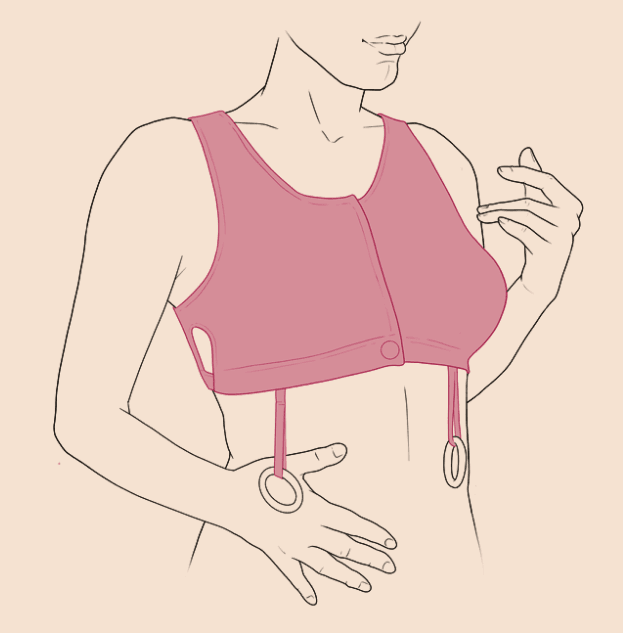


The Women’s Health Care and Cancer Rights Act mandates that health insurance must offer coverage for breast reconstruction.
This law extends to procedures that might not be covered under other circumstances, such as breast lifts, reductions, or augmentations. It also requires coverage for support garments such as postsurgical bras.
While your insurance plan is required to cover breast reconstruction, the exact details of coverage, including what you may be expected to pay out-of-pocket, will vary from plan to plan. Dr. Smith’s team can help you navigate the particulars of your health care plan.
Contact usOne of the best ways to prepare for breast reconstruction surgery is to ensure that you’ve optimized your health. It can be challenging to focus on diet, exercise, and mental health during this journey, especially if you’re also going through treatments such as radiation or chemotherapy. But Dr. Smith and his team are here to support you and help you access the resources you need to feel successful.
Nutrition is important in helping you find a healthy weight, which can lead to better surgical outcomes. Exercise is great for your heart and helps maintain strength and mobility (although radiation and chemotherapy may restrict your ability to exercise in some cases). And your mental health is paramount during this time; psychotherapy or community groups can be valuable forums for self-expression and support.

Medical research has found a powerful connection between your body and your mind. There are many therapeutic activities, including massage, yoga, meditation, acupuncture, and others, that influence the brain-body pathway, leading to both health improvements and a greater sense of wellbeing. Breast reconstruction is more than a surgical procedure; it’s a process that lasts at minimum several months. During this time, it’s crucial that you’re able to care for yourself, both physically and mentally. Dr. Smith’s team can introduce you to resources, classes, and providers to help improve your mind/body integration.

Dr. Smith’s team is here to support you—not just physically, but emotionally as well. We offer opportunities to create connections, find community, and gain access to assistance during your breast reconstruction journey. Programs include online support groups, our Facebook community, and 1:1 support sessions with former patients who share similar experiences.

After surgery, your mobility will be temporarily limited. Physical therapy during your recovery can help restore range of motion and improve strength. While many patients are familiar with the concept of rehabilitation, they don’t often realize that having physical therapy before surgery, known as “prehab,” can also pave the way for a smoother, easier recovery.

Post-surgical garments, such as customized bras and abdominal binders, can aid your recovery and help you feel confident after breast reconstruction. Post-surgical bras and camisoles are often used immediately after surgery to accommodate drains. Abdominal binders support the abdominal wall as patients who have abdominal flap breast reconstruction recover. These garments are covered by insurance under the Women’s Health Care and Cancer Right Act, including lifetime access to custom bras.
Yes. Under the Women’s Health and Cancer Rights Act of 1998 (WHCRA), insurance companies are required to pay for breast reconstruction after a mastectomy or lumpectomy. You may, however, be subject to copays or deductibles. Check with your insurance company and your physician’s surgical coordinator to confirm coverage and costs.
Download our Mastectomy Checklist and Guide to Your Upcoming Surgery for complete information on surgery and recovery preparation. You can also view in our Support Center on our Patient Forms & Resources page. You can also contact your physician or surgical coordinator if you have any additional questions.
Breast reconstruction often involves more than one procedure. The number of surgeries you will need depends on several health-related factors as well as the choices you make about your own reconstruction. If you have a mastectomy with immediate breast reconstruction, you may only need one surgery. If you have delayed reconstruction, you will have at least two surgeries. In either case, most women have more than one procedure, including additional enhancement procedures to achieve optimal results.